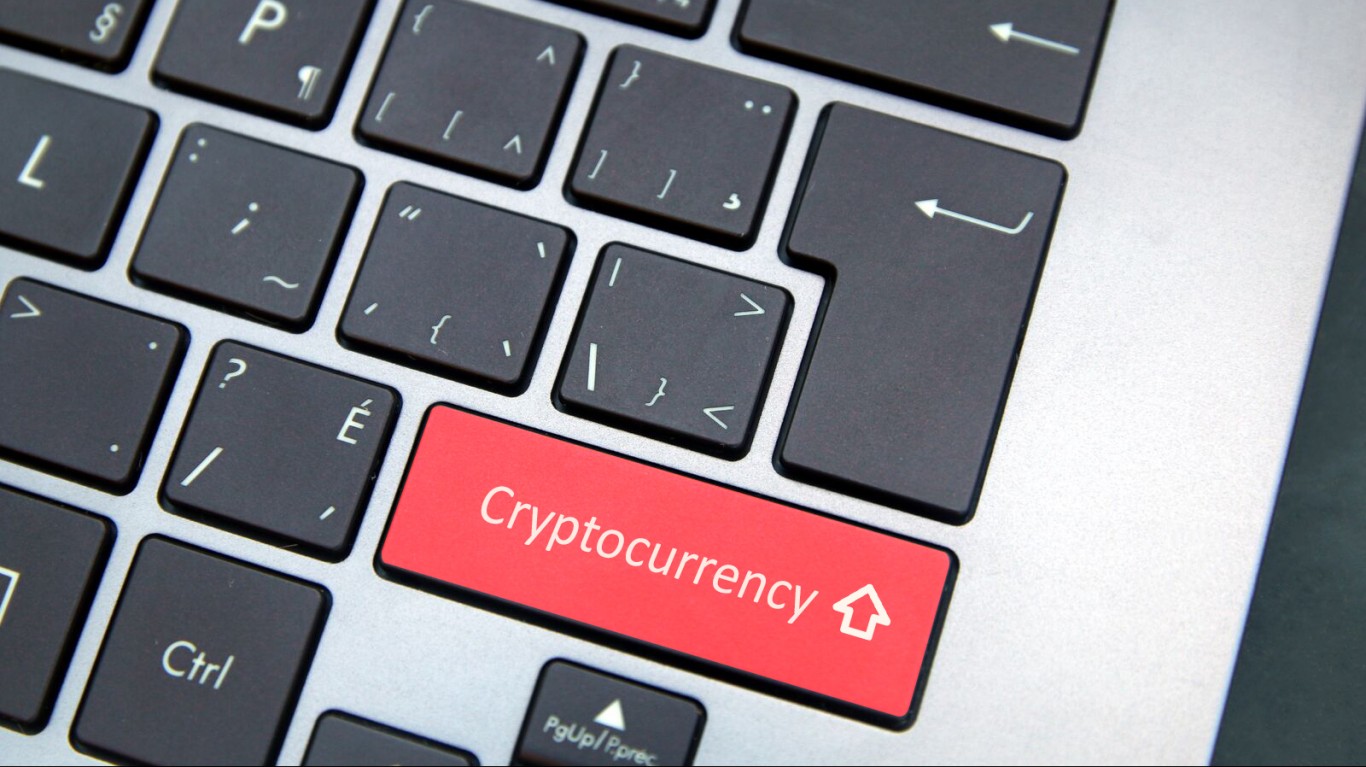Banking, finance, and taxes
Bank of England Governor Warns Crypto Investors: 'You Could Lose All Your Money'

Published:

In less than 12 months, Bitcoin prices rose from less than $10,000 to nearly $65,000. The cryptocurrency has pulled back somewhat and traded at around $57,000 Friday morning.
Most central banks are wary of the whole cryptocurrency phenomenon, and on Thursday, Bank of England Governor Andrew Bailey repeated a warning he first uttered in 2017: “If you want to invest in Bitcoin, be prepared to lose all your money.” At the time, Bailey was the CEO of the Financial Conduct Authority (FCA), the United Kingdom’s version of the U.S. Securities and Exchange Commission.
In Bailey’s view, cryptocurrencies like Bitcoin, Ethereum and Dogecoin “have no intrinsic value. That doesn’t mean to say people don’t put value on them, because they can have extrinsic value. But they have no intrinsic value.”
Of course, one could say that a fiat currency like the U.S. dollar has no intrinsic value either. It gets its value from the federal government’s promise to back the dollar with the full faith and credit of the United States. That implies that there is an intrinsic value in the country, if not its currency.
A cryptocurrency believer, however, sees things somewhat differently. For believers, cryptocurrencies are a store of value because they are scarce and, like gold, can function as an inflation hedge in the event central banks start printing too much currency. If that should happen, though, and creditors demand cryptocurrency instead of fiat dollars, it seems that cryptocurrencies like Bitcoin that have a fixed limit (21 million Bitcoin) would become even more in demand and subject to the same inflationary pressures. If you don’t own any Bitcoin or other acceptable cryptocurrency, how do you get some if your dollars or euros or yen are worthless?
That is not to say that central banks aren’t looking at issuing their own digital currencies. The Bank of England set up a task force last month to investigate a central bank digital currency (CBDC) that would coexist with cash and other bank deposits (like gold).
The benefits of a CBDC include lower transaction costs and protection against the failure of private payment systems. Most important, perhaps, is ensuring that central banks maintain control over a nation’s monetary policy, guarding against a small chance that payments should shift to cryptocurrencies over which the banks have no control at all.
The last few years made people forget how much banks and CD’s can pay. Meanwhile, interest rates have spiked and many can afford to pay you much more, but most are keeping yields low and hoping you won’t notice.
But there is good news. To win qualified customers, some accounts are paying almost 10x the national average! That’s an incredible way to keep your money safe and earn more at the same time. Our top pick for high yield savings accounts includes other benefits as well. You can earn up to 3.80% with a Checking & Savings Account today Sign up and get up to $300 with direct deposit. No account fees. FDIC Insured.
Click here to see how much more you could be earning on your savings today. It takes just a few minutes to open an account to make your money work for you.
Thank you for reading! Have some feedback for us?
Contact the 24/7 Wall St. editorial team.